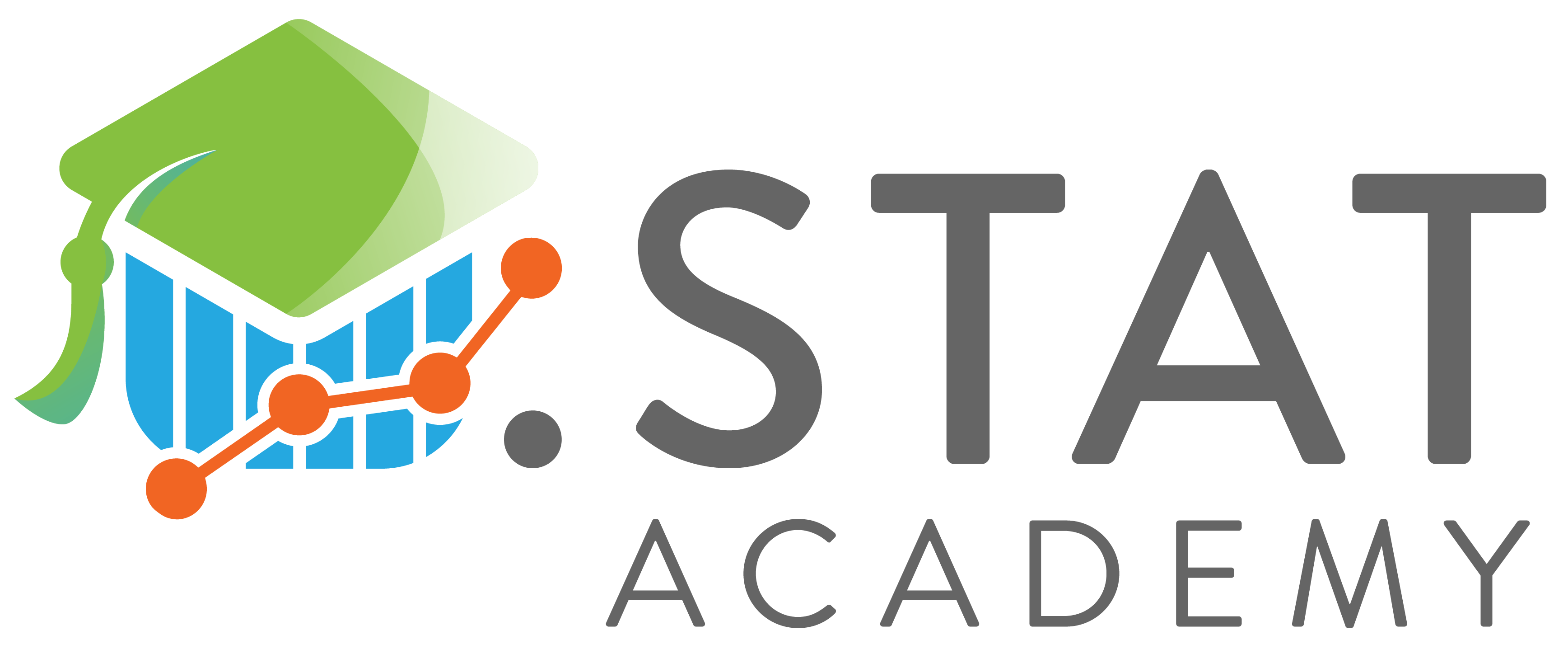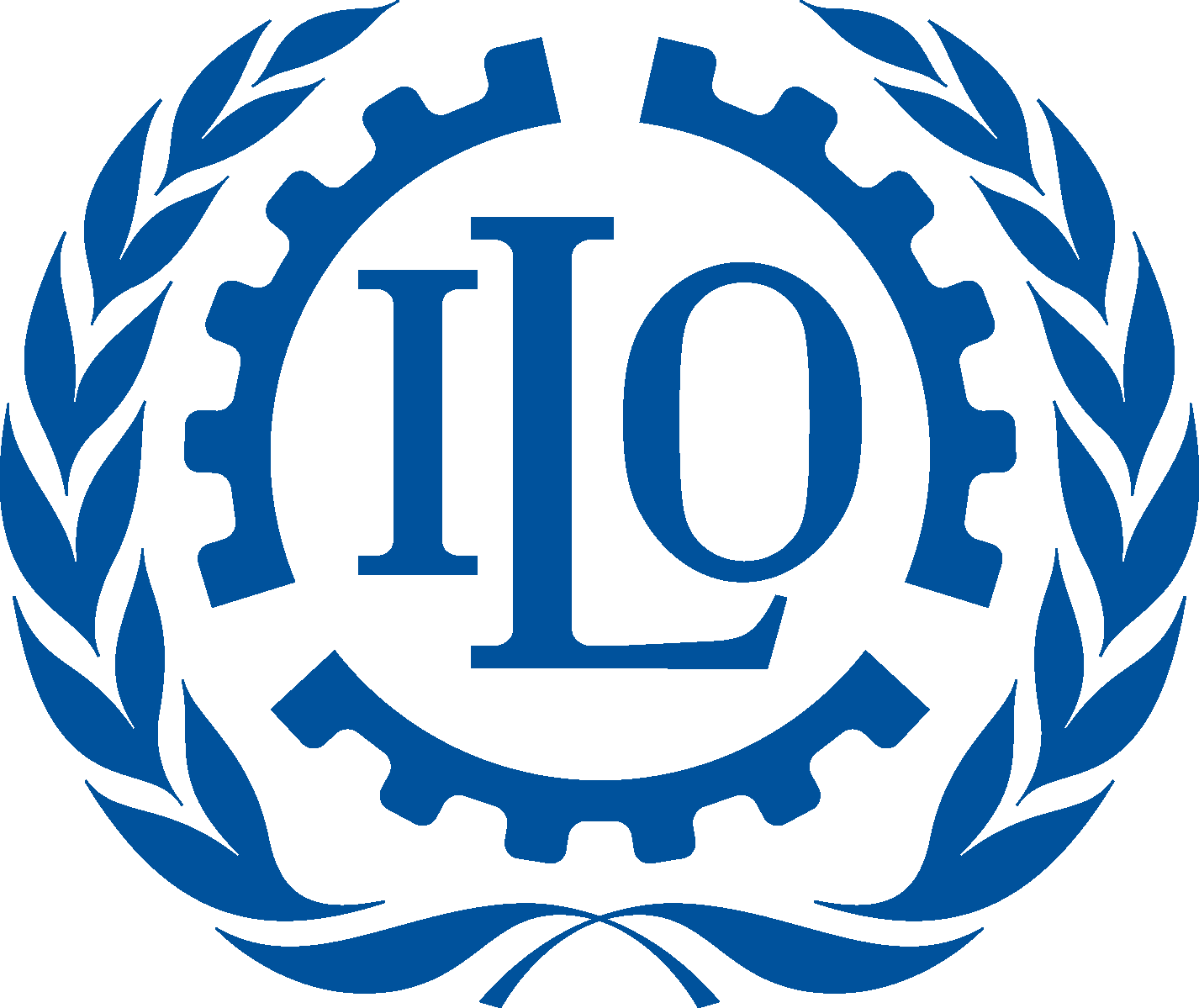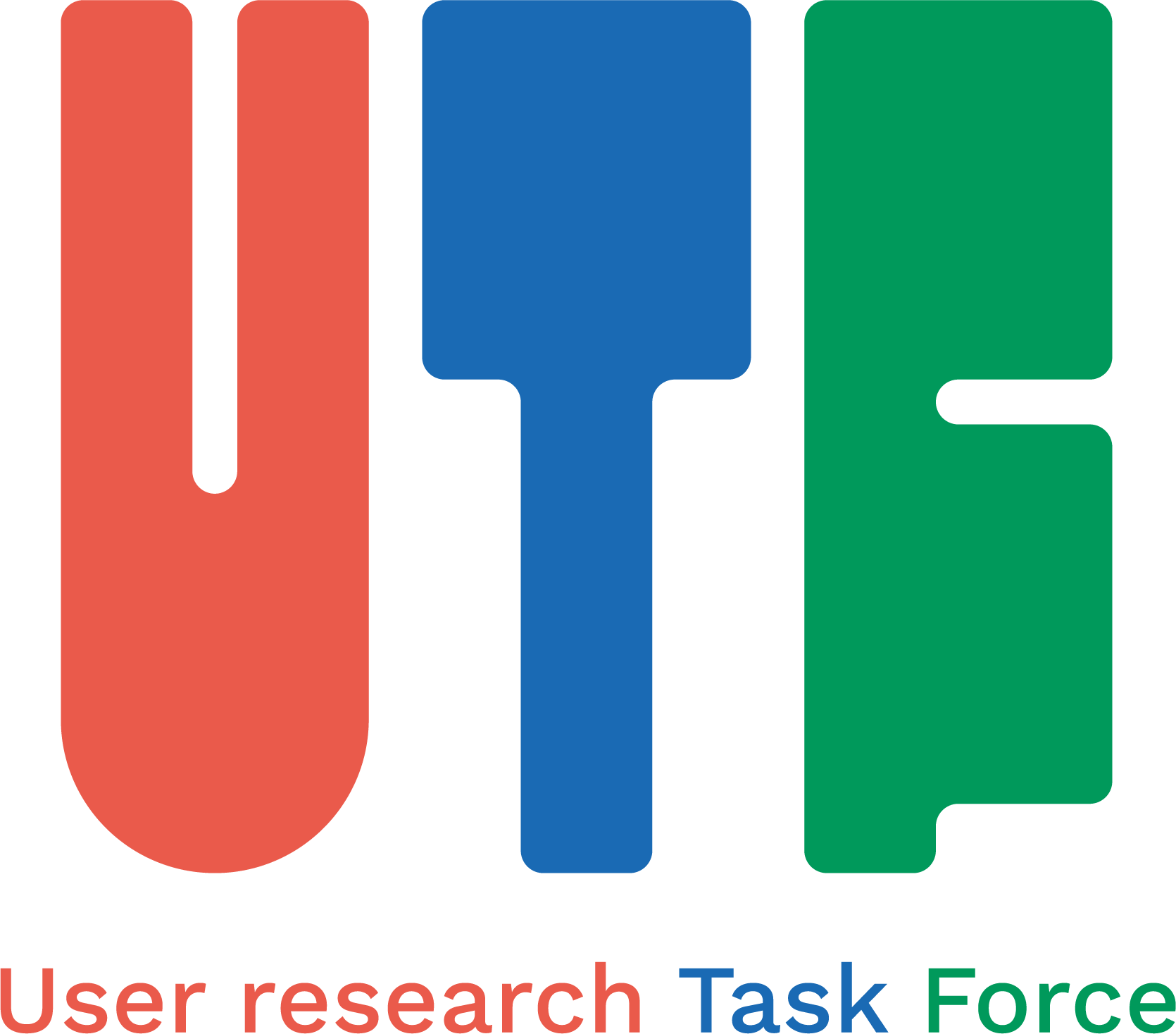Collaboration and partnership are at the heart of our mission, covering a diverse range of areas.
The Community works alongside a network of international partners to champion a "standards-first" methodology, increase statistical capacity, and encourage the widespread adoption of SDMX and open-source tools, the .Stat Suite, empowered by the principles of openness and interoperability. Below are a just few examples of our impact across multiple areas of work.

Modernising the production and dissemination of official statistics systems
The Community has facilitated several projects aimed at enhancing data infrastructure, which include integrating separate data sources, promoting internal data sharing, maintaining international reporting standards, and improving data accessibility for users.
Notable examples include the National Bank of Belgium (NBB) and the National Institute for Statistics and Economic Studies of Luxembourg (STATEC).
These initiatives primarily aim to modernise the data lifecycle for mid-term benefits such as harmonised data models, improved automation and processes, utilisation of modern tools, and adherence to international standards, leading to longer term benefits aimed at enhancing public debate and support policy-making.
Both projects received support from the European Union through the Technical Support Instrument, an EU program that provides custom technical support to Member States for reform implementation, in cooperation with the European Commission’s DG Structural Reform Support.

Supporting capacity building in SDMX data modelling practices
The Community offers technical support and capacity building for Statistical Data and Metadata eXchange (SDMX) data modelling, by providing design training and experimentation, it aims to standardise data modeling practices across national and international statistical organisations.
Projects adhere to a three-step methodology:
1. Discovery - engaging with data practitioners to assess current data modeling and SDMX capacities, including tools and processes.
2. Training - data practitioners complete self-paced courses from .Stat Academy to enhance their data modeling skills.
3. Application - facilitating onsite workshops to apply the learned concepts, experimenting with new data models and processes, and exploring data modeling and governance options.
This approach has been successfully implemented with diverse partners including the National Institute of Statistics of Cambodia, Ministry of National Education of Madagascar, National Bank of Belgium, and Statistics Netherlands among others.

Supporting the work of sectorial organisations
Under the umbrella of its SIS-CC membership the International Labour Organisation (ILO) supports countries in the implementation of Labour Market Information Systems (LMIS) to gain extensive information on labour market developments and trends, with the goal to interpret and relate these trends to policies or other factors influencing labour market outcomes.
The ILOs unwavering support for LMIS projects has had a significant impact on labour markets worldwide. Initiatives like the SIMEL in El Salvador, and the LMIS in South Africa and Namibia, are powerful examples of how data-driven policies and improved skills development can transform economies and bridge the gap between job seekers and employers. These platforms facilitate evidence-based decision-making, ensuring that nations are equipped to face the challenges of the dynamic global workforce.
The ILO has been participating in the SIS-CC since 2013 and very happy to be an active member of the community, since the community approach offers an excellent way to co-develop software products like .Stat Suite, but also to create synergies among the different institutions in terms of data sharing, data modelling and improving the data collection.

Guidelines for analysing data flows in NSOs
The Community partnered with the Partnership in Statistics for Development in the 21st Century (PARIS21) to support the creation of the Data Flow Analysis Framework guidelines. The joint publication outlines the steps for a successful analysis of indicator dissemination processes in national statistical offices (NSOs), providing a consistent approach to capturing the current state (“as-is”) and recommendations for the enhanced state (“to-be”) of relevant processes using a data-centric view.
NSOs need data portals to be designed to capture the validated indicators as soon as they are available in digital format for the first time in the dissemination processes. However, to reach this state, design and development of data portals could make effective use of a proper data flow analysis, informing their functionalities, especially considering the distinctions of handling data and associated metadata in the digital realm. The analysis helps identify areas requiring specific attention.
Since its creation, the Community has successfully supported DFAF in several countries including Thailand, Ghana, and Egypt among others.

Driving standardisation and modernisation
The community directly participates and in some instances leads global initiatives to support the continuous development and implementation of international standards such as SDMX.
These include chairing and supporting the work of the SDMX Community governance, such as the technical and standards groups, development of the Reference Framework for the SDMX Structural Metadata Governance and the Modelling statistical domains and exchange frameworks in SDMX guidelines.
Actively contributing to the the High-Level Group for the Modernisation of Official Statistics (HLG-MOS) that was established by the Bureau of the Conference of European Statisticians (CES) in 2010 to actively steer the modernisation of statistical organisations including the Blue Skies Thinking Network (BSTN), and the Generative AI for official Statistics, and the Open source for official statistics projects.

Fostering open knowledge and co-innovation
The Community has since its inception fostered innovation through strong collaboration and a well-established co-investment model.
As far back as 2019, the Community developed a StatsBot prototype, with the intuition that the combination of AI and SDMX semantics should allow a universal, natural language and conversational access to the hundreds of statistical sources made available in SDMX. After the ChatGPT storm hit in 2023, the Community co-hosted, with the BIS, a first SDMX+AI workshop, bringing together 70 participants from national and international statistical organisations, interested in exploring the opportunities in “unlocking the potential of Natural Language Processing to enhance data access”.
In November 2023, the Community established the User Research Task Force (UTF) fostering a dynamic environment that nurtures collaboration, knowledge exchange, and the freedom to innovate within the realm of user research and UCD methodologies applied to official statistics’ products.

